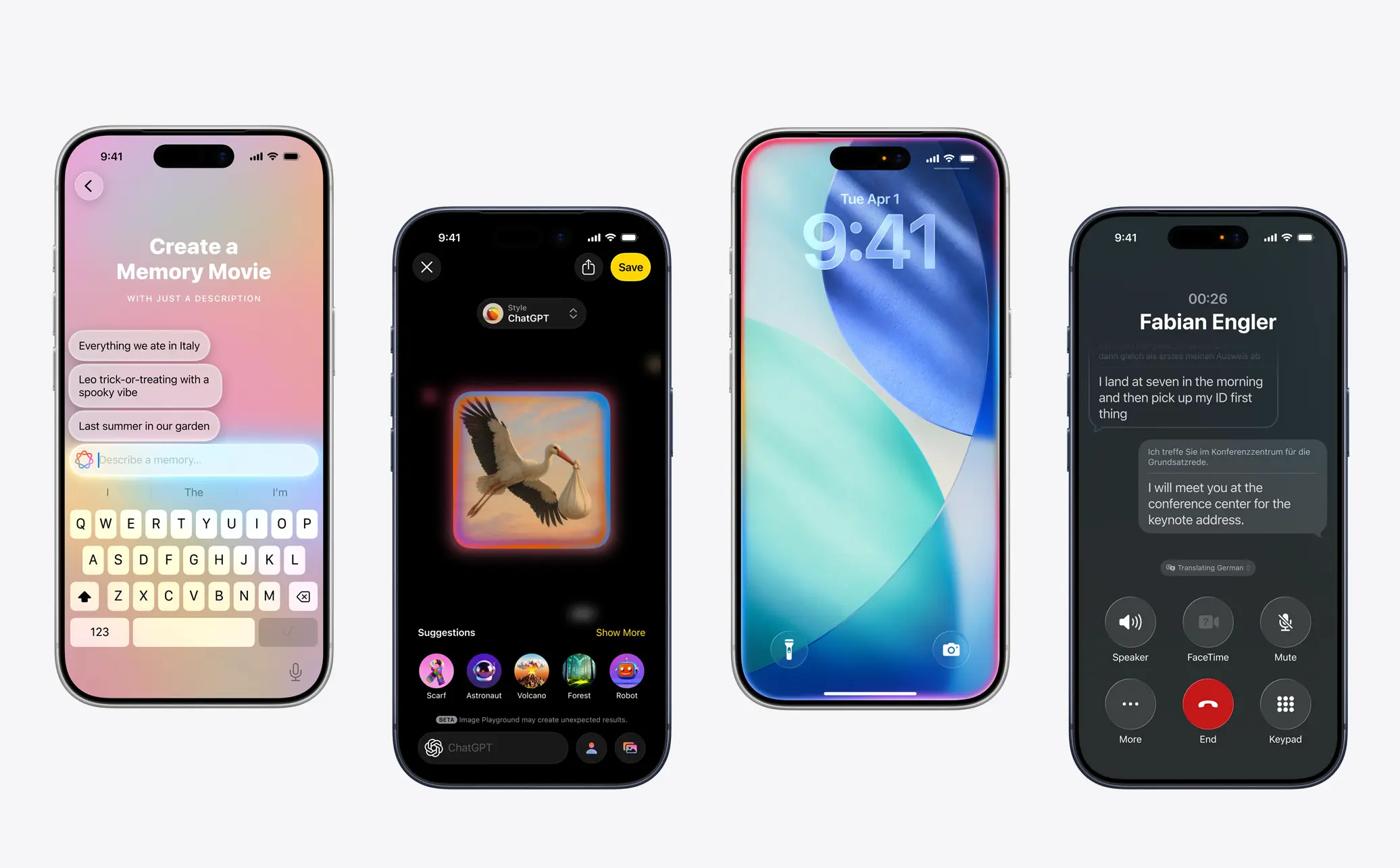Morning vs. Night: What’s the Best Time for Your Workout?
Updated on
Published on

Morning vs. Night: What’s the Best Time for Your Workout?
Morning Workouts
For many, starting the day with a workout feels energizing and helps establish a healthy routine right from the get-go. Early exercise can boost mental alertness, improve mood through endorphin release, and potentially enhance fat-burning if done on a relatively empty stomach. Some research suggests that exercising in the morning may help regulate appetite later in the day, promoting more mindful eating choices. However, if you’re not naturally a “morning person,” forcing yourself awake for a 6 a.m. run might lead to bad performance or fatigue and not the best time to workout.
- Early energy: Morning exercisers often report feeling more focused and uplifted throughout the day.
- Adapt to biology: If mornings feel sluggish, gradual adjustments in sleep schedule and gentle pre-workout routines can ease you in.

Afternoon or Midday Sessions
Afternoon or midday workouts can fit nicely between work tasks or classes for the best time to workout. For many people, muscle strength and flexibility peak in the early-to-mid afternoon—partly due to higher body temperature and better oxygen uptake as the day progresses. Exercising during lunch breaks can also deliver a mental reset, boosting productivity and reducing stress. The downside is scheduling conflicts: stepping away from midday obligations might not be easy if you have strict deadlines or limited break times may not be the best time to workout.
- Performance perks: Body temperature and reaction time often peak after midday, supporting heavier lifts or faster sprints.
- Work-life balance: Effective midday workouts require good time management and possibly a quick post-exercise freshen-up.

Evening and Night Workouts
If you’re not an early riser, later sessions could become your sweet spot for the best time to workout. Evening or night workouts help some people blow off steam accumulated during the day, potentially leading to reduced stress and improved sleep quality—though this is highly individual. One concern is that intense exercise too close to bedtime can energize you, making it harder to go to sleep and not the best time to workout. Finding a cutoff time that lets you cool down is crucial if you opt for late-night training.
- Stress relief: Evening exercise can act as a buffer between work stresses and personal downtime.
- Sleep impact: Pay attention to how late workouts affect your sleep cycle; a warm shower and calming routine afterward can help.

The Role of Circadian Rhythms and Personal Preference
Everybody has an internal biological clock—known as a circadian rhythm—that influences factors such as core body temperature, hormone release, and energy levels. Some people feel naturally at their peak in the morning for the best time to workout, while others find their strength or stamina peaks later in the day. The trick is aligning your workout schedule with your personal highs, acknowledging that consistency often matters more than any single “perfect” hour. Ultimately, the best time to exercise is the one that you can sustain over the long haul without constant conflict in your daily life.
- Self-awareness: Track how you feel during different workout times to see when you perform best.
- Consistency rules: A reliable routine—whether dawn or dusk—generally yields better results than sporadic changes.
Balancing Life and Goals
It’s also important to consider practicalities like work schedules, responsibilities, and gym crowd levels for the best time to workout. Early-morning sessions might mean fewer distractions or a less crowded gym, while afternoon or evening might align with a friend’s schedule, encouraging accountability. If your primary goal is weight loss, some claim fasted morning cardio can boost fat metabolism; however, if you’re focused on strength or high-intensity workouts, fueling up beforehand might make more sense.
- Lifestyle harmony: Pick a time that integrates smoothly with your existing commitments, limiting friction.
- Goal alignment: Cater your workout window to your priorities—be it fat loss, muscle gain, or overall wellness.

Pros and Cons
Morning:
Pros: Boost mood and energy, Promote mindful eating, Finish with the workout at first
Cons: Can ruin performance if not truly a morning person, Can be hard to concentrate first thing in the morning
Afternoon/Midday:
Pros: Can do in-between work/activities, Better flexibility and strength
Cons: Having many things to do midday
Evening/Night:
Pros: Can reduce stress and promote better sleep, Having more personal time without worrying
Cons: For some will not help them get enough sleep due to lots of energy, Becoming too tired to even begin
So, what time is the best time for workouts?
The best time to work out depends on a blend of physiology, personal preference, and daily obligations. While morning workouts can jumpstart the day and possibly regulate appetite, midday sessions tap into midday performance peaks, and evening routines might serve as stress relief. Ultimately, the winning formula is about finding a time you can commit to consistently. After all, a workout that fits your life—whether at sunrise or under the moon—tends to be the one that sticks for the long run.







